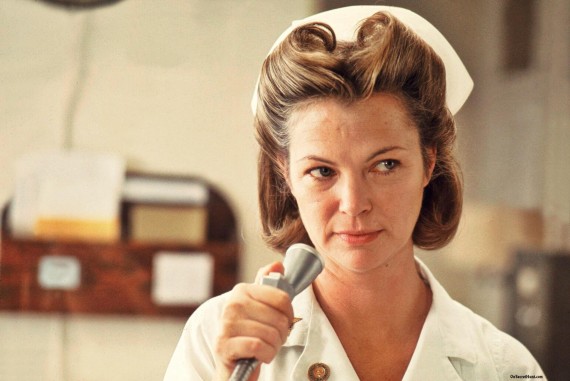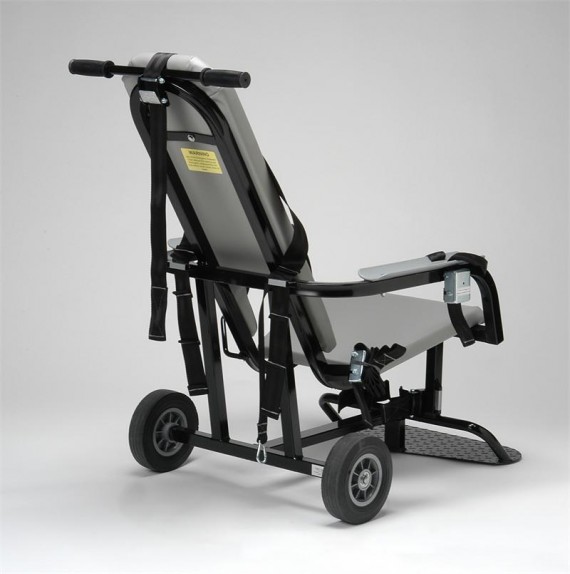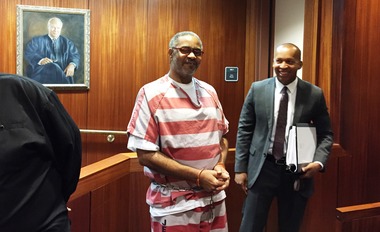
We turn to medical professionals for help. Sadly, as this email shows, some practitioners are not as benevolent as we might hope.
Dear Pete,
My adult daughter, who is in her twenties, has been diagnosed with bipolar disorder. Late last year, she told me she was going to harm herself. I took her seriously because she had made a suicide attempt five months earlier. Fortunately, our police department has Crisis Intervention Team trained police officers and one came to our house and skillfully talked our daughter into going to a local hospital to be evaluated.
She was transported by ambulance at about 5:30 pm. Our daughter was still waiting in the ER by 11 p.m. and became distraught. I told the staff that she needed to take her medication, SAPHRIS, because it was wearing off. But they told me the hospital pharmacy did not have SAPHRIS available. I had some in my car, but when I said that I would go get it, I was told that wasn’t allowed.


 MY SOURCES CLAIM ANOTHER ALTERCATION STILL HASN’T BEEN MADE PUBLIC
MY SOURCES CLAIM ANOTHER ALTERCATION STILL HASN’T BEEN MADE PUBLIC


